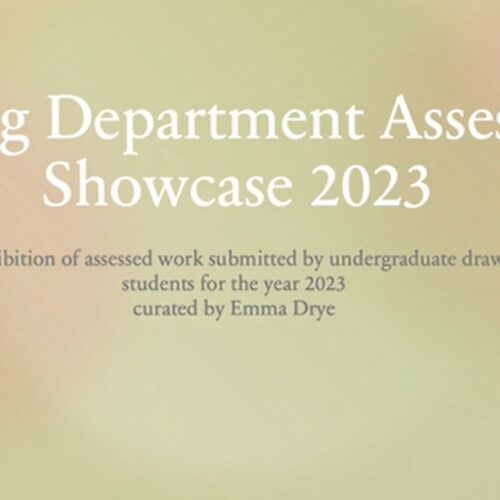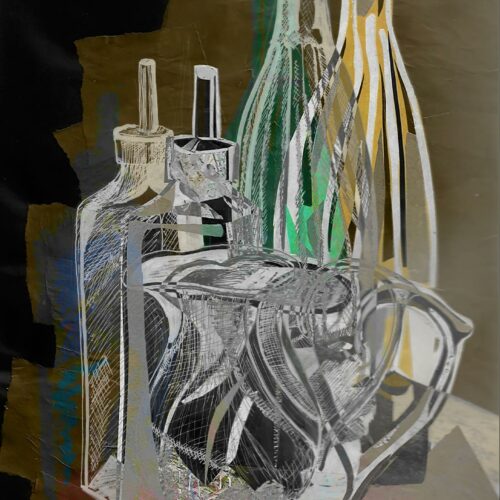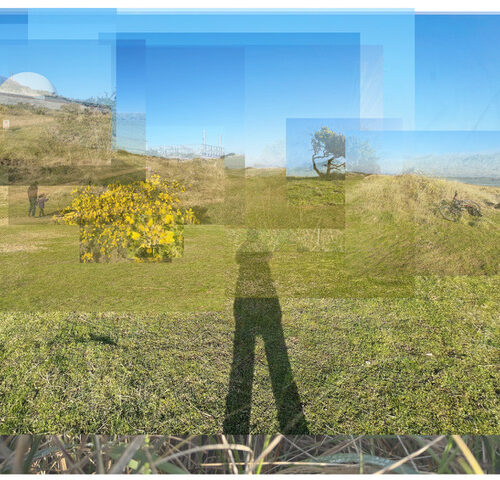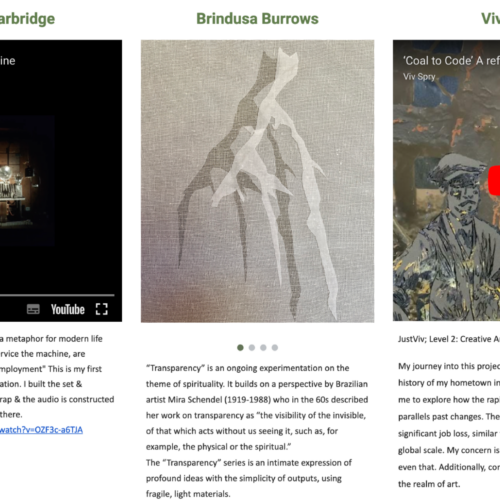
Giving up too soon

I want to be very honest: I find creative writing difficult. On the one hand I have an inner compulsion to write but on the other I have a fear of committing myself to the page. This dichotomy often sends me into a creative paralysis from which it is difficult to recover. Reading the work of three very different writers has proved helpful in trying to overcome the paralysis (aka writer’s block) and re-engage with writing.
In The Triggering Town Richard Hugo provides a perceptive analysis of the difficulty young poets have in trying ‘to free themselves from the initiating subject’. I am very familiar with the process he describes: I write ‘two or three good lines’ before ‘things start to break down’ and I ‘cannot find anything more to say’ (p4). Hugo says the poet is responding to an initial trigger but they haven’t yet learned to recognise the true subject of the poem; he encourages them to keep writing, both around and away from the initial triggering subject.
I almost always use this sort of free writing in my initial drafting process but perhaps I am too quick to then dismiss it as ‘done’. I have now begun to reassess some tentative, half-finished poems that I had rejected (although not thrown away) and I have found that, yes, they do have undeveloped triggers and that these triggers all point towards similar ideas and themes.
Coupled with a tendency to give up too soon on a poem is my fear of ‘committing myself to the page’. This comes from fear of failure and humiliation but also the fear of tapping into a darker side of myself. In Negotiating with the Dead, Margaret Atwood devotes a whole chapter to the idea that a writer does indeed have a darker side (‘Duplicity: The jekyll hand, the hyde hand and the slippery double’ (pages 29-57)). Throughout the book she discusses theses fears and other insecurities acknowledging that ‘ the well of inspiration is a hole that leads downwards’ (p 176) but doing so with a light hand, always honest and often funny. Atwood is excellent at communicating a sense of play, of writing for the fun of it, whilst quoting from a very impressive range of texts. One quote in particular (from the Alice Munro short story Material) sums up Atwood’s belief in writing with light-hearted persistence:
‘ “There is Dotty lifted out of life and held in light, suspended in the marvellous clear jelly Hugo has spent all his life learning how to make.” ’ (p105).
I was unfamiliar with poet Jorie Graham’s work until I recently read her collection Place. Her style is quite different to anything I have read, or written, before. She uses poetic form descriptively, combining different line and sentence lengths to focus on specific meanings. The effect is to create different speeds of reading as in Untitled (p13) where the first sentence spans sixteen lines, playing out an accident, film-like, in slow motion until the abrupt two word second sentence where we learn, mid-line, of the result of the incident.
Reading Place has revealed new possibilities and provoked a fresh impetus and desire to experiment, to see if I can use line length and mise en page (for example) to enhance and expand my ideas and themes.
As I continue with my writing I need to always keep in mind how Hugo helps me avoid some fundamental problems and how Graham provides an example of exciting new poetic form but above all I want to remember Atwood’s lightness and encouragement and permanently borrow from her the phrase that she has, in turn, permanently borrowed: how to create images that are ‘suspended in the marvellous clear jelly’.
Christine Gutsell
Atwood, M., 2002, Negotiating with the Dead, Cambridge: Cambridge University Press
Graham J., 2012, Place, Manchester: Carcanet Press
Hugo R., 2010, The Triggering Town, New York: W. W. Norton and Company Inc.






Sums up my writing process to a ‘t’! I write some good stuff (or stuff I think’s good!) then I’m stumped, the poison parrot in my ear telling me I’m a fraud and to stop this nonsense before I embarrass myself. But the thing is, I can’t not write. So whatever rubbish (or not) I produce, I’m going to keep putting words on paper. I’ve got a course to complete!
A thoughtful post, Joanne. It is a massive psychological challenge, creating any art work, and writing, by its very nature, is one of the worse in this regard. So much angst goes in to thinking about doing it, actually doing, thinking about showing it to others, waiting for feedback and responding to feedback. And that’s just as true of published writers as it is of OCA students just starting out.
Just to be clear, although I posted the article it was written by student Christine Gutsell.
Joanne.
So glad to have read this. Thank you for pulling stuff out of a clogged-up head, holding another’s hand and reassuring an under-confident writer that she’s not alone in having thoughts like these 🙂
Much of what you say is also true for visual artist. The compulsion and the fear- what a heady and almost impossible mix.